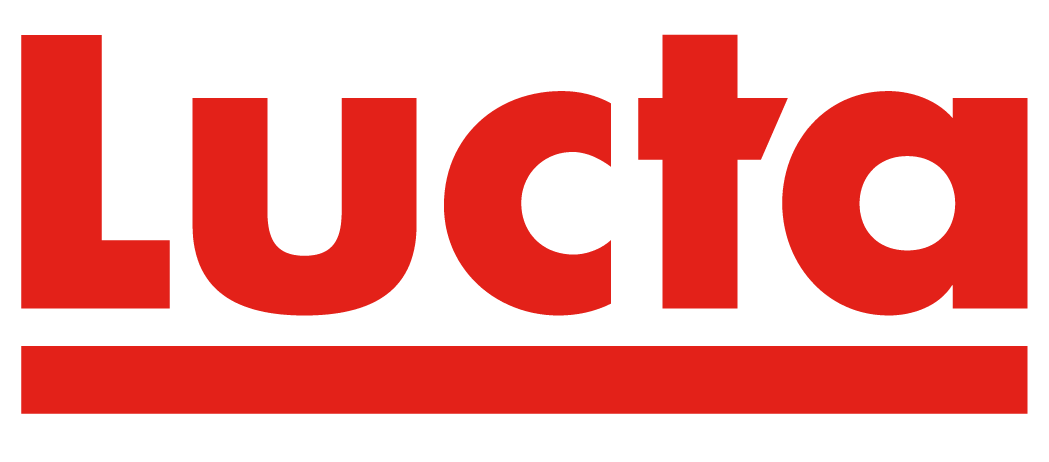This study aimed to test the use of chlorogenic acid (CGA), a natural antioxidant, which might act improving the retention of eicosapentaenoic (EPA) and docosahexaenoic (DHA) fatty acids. Fish were fed one of three experimental diets. A diet with 160 g kg−1 fish oil (FO) and 80 g kg−1vegetable oil (VO) was used as a positive control with high n-3 long-chain polyunsaturated fatty acids (LC)-PUFA, a diet containing 40 g kg−1 FO and 200 g kg−1 VO was used as a negative control for low n-3 LC-PUFA and 1 g kg−1 CGA was added to the negative control diet to test the impact of CGA on n-3 LC-PUFA synthesis. The expression of genes involved in PUFA synthesis was upregulated in the liver of fish fed the low n-3 LC-PUFA diets. This might be due to the activation of sterol regulatory element-binding transcription factor 1 (SREBP1) and liver X receptor. Moreover, malondialdehyde concentration tended to decrease, and accumulation of dietary EPA in the liver in relation to diet was observed in fish fed the low n-3 LC-PUFA diets. However, the concentration of EPA and DHA was higher in fish fed the positive control diet. The inclusion of 1 g kg−1 CGA did not exert any additional effect on lipid peroxidation, EPA and DHA concentrations or LC-PUFA metabolism.
Autores: G. Kühn, K. Pallauf, J. García, J. Segura, I. Ipharraguerre, A. Mereu, I. Stubhaug, W. Koppe, G. Rimbach, D. Menoyo
Libro/Revista: Aquaculture Nutrition, 10.1111/anu.12440, 2016
